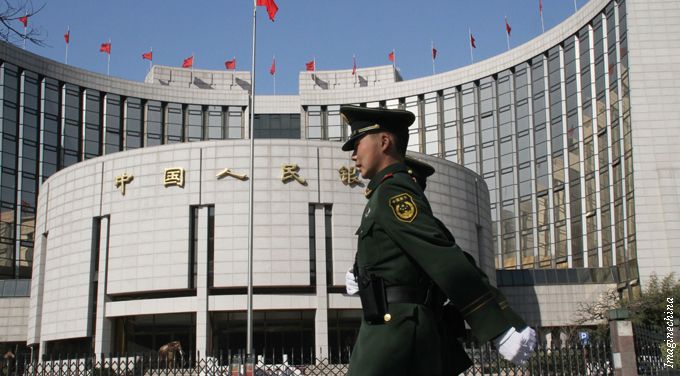In 2014, the PBOC setup an internal digital currency research team to understand the key technologies and various digital currency applications for the "introduction of digital currency issued by the central bank". External assistance has been extended by Citibank and Deloitte to understand the process of how to issue the digital currency.
Why is the authoritative Chinese government suddenly so keen on the cutting edge digital currency now compared to its negative attitude towards Bitcoin just a few years ago? State wealth control is likely a key goal. In 2015, trillions of RMB was smuggled out of China through the underground banking system. The current economy slowdown curbed the confidence of the wealthy Chinese, who are rather easily transferring their wealth via multiple channels including real estate purchase to China UnionPay cards. With some of the capital flow potentially involving illegally obtained funds or the outputs of money laundering, better state control over cross-border flows is even more of a government goal.
Asides from curbing crime, the digital currency will effectively reduce the transaction cost and boost central bank’s control on money supply and circulation. There is no denying that virtual currency and the technology it bears will provide a cheaper, faster and safer financial service environment, and will become a powerful monetary tool for China to deepen its financial inclusion into the world.
What are the next steps for launching a digital currency?
The first critical aspect is regulatory guidance. Understanding the goals and direction of the digital currency is of course paramount.
The second, and likely easier to overcome aspect is the technology integration. Chinese consumers and tech companies have long been used to using and providing technology platforms for digital payments, so it actually won't be that much of a switch. The real question around technology integration will be how it integrates into some of these existing platforms. Will digital currency be an option on Alipay or Wechat? Time will tell. One would hope that the design of the digital currency should be based on sound economic, safety and service principles to achieve seamless integration of the digital currency with other payment tools.
Digital currency would certainly be a large change and advancement for the payment industry. However, a relatively small number of consumers and retailers around the world apply the technology currently, and the industry that has grown up around it, is very nascent. We will closely follow this trend to see where it ends up, but this may clearly end up being one of the biggest push towards the digitization of money that we have ever seen.


